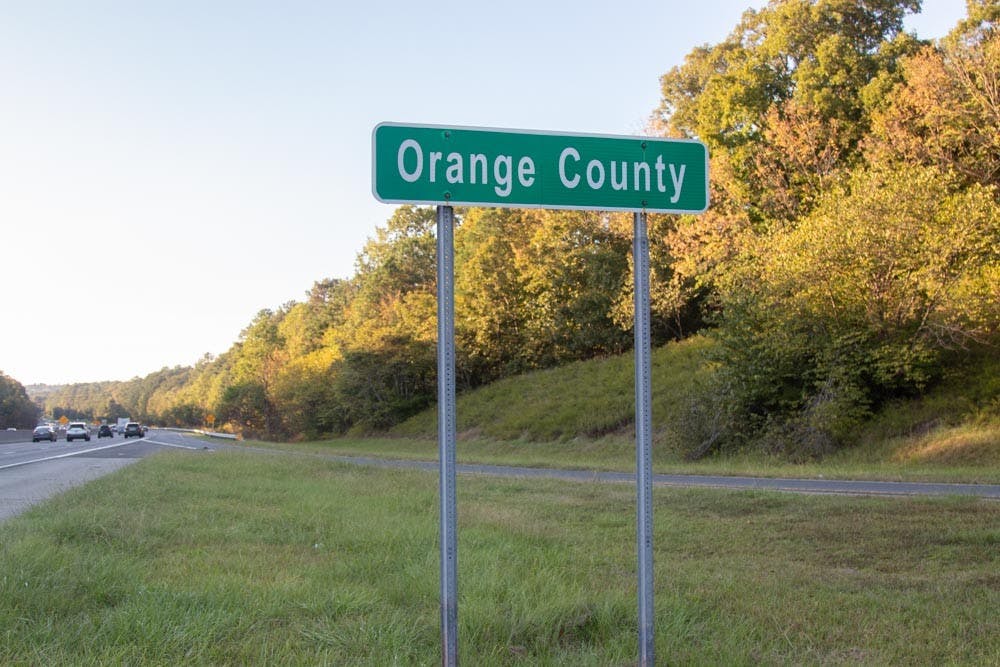One Orange, a team dedicated to advancing racial equity in Orange County, gained approval to move forward with its updated framework at the Board of County Commissioners meeting Tuesday.
Key updates to the framework include a three-step community engagement process, predictive analytics for the racial equity index and the development of an evaluation plan to help racial equity action plans come to fruition.
“One Orange is a commitment by Orange County leaders and staff to uncover and address implicit racial biases in our institutions to ensure that race can no longer be used to predict life outcomes in our community,” Erica Bryant, director of child support services for Orange County, said.
One Orange is a member of the Government Alliance on Race and Equity, a national network of government agencies working to advance racial equity.
“The GARE philosophy is that the systemic issues of race are so embedded that we need to address those in a very focused way,” Orange County Department of Social Services Director Nancy Coston said.
The framework — first presented to the BOCC last summer — is comprised of five multi-jurisdictional subcommittees: training and organizational capacity, racial equity tool kit, community engagement, racial equity index and evaluation and accountability.
“The multi-jurisdictional committees use information gained during community outreach to validate and inform the framework,” Bryant said.
The framework was shared in three virtual sessions. Feedback from the sessions helped to inform a targeted outreach survey. The community questionnaire sent out in November and December garnered over 650 responses on racial equity priorities.
“There were 11 major themes noted,” Bryant said. “And we put those in a survey to determine what three results regarding racial equity would you like to see so that we could get a priority.”




